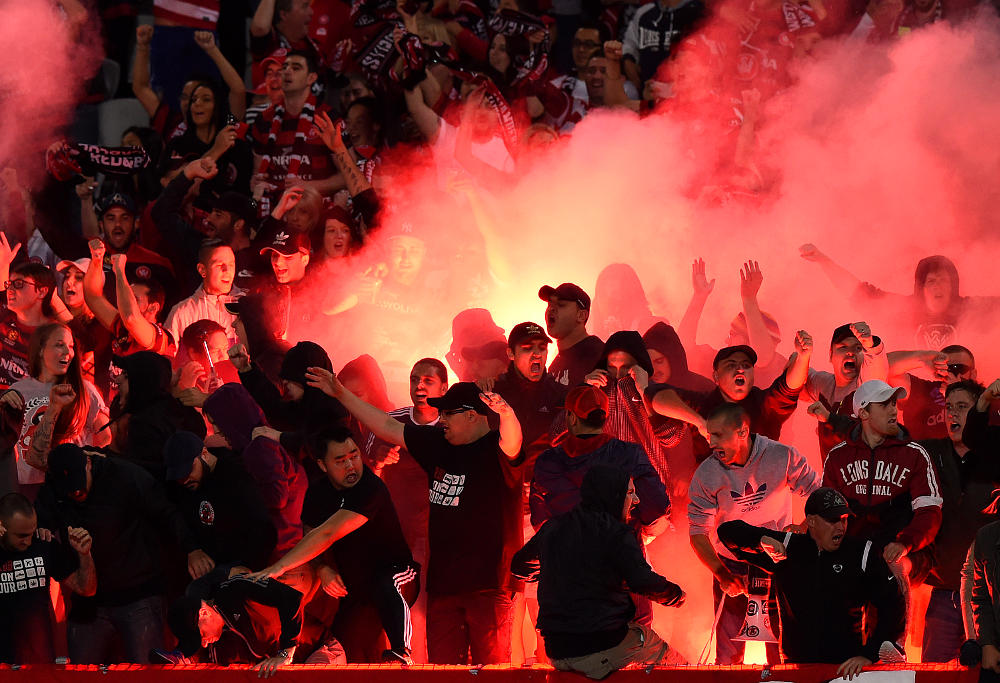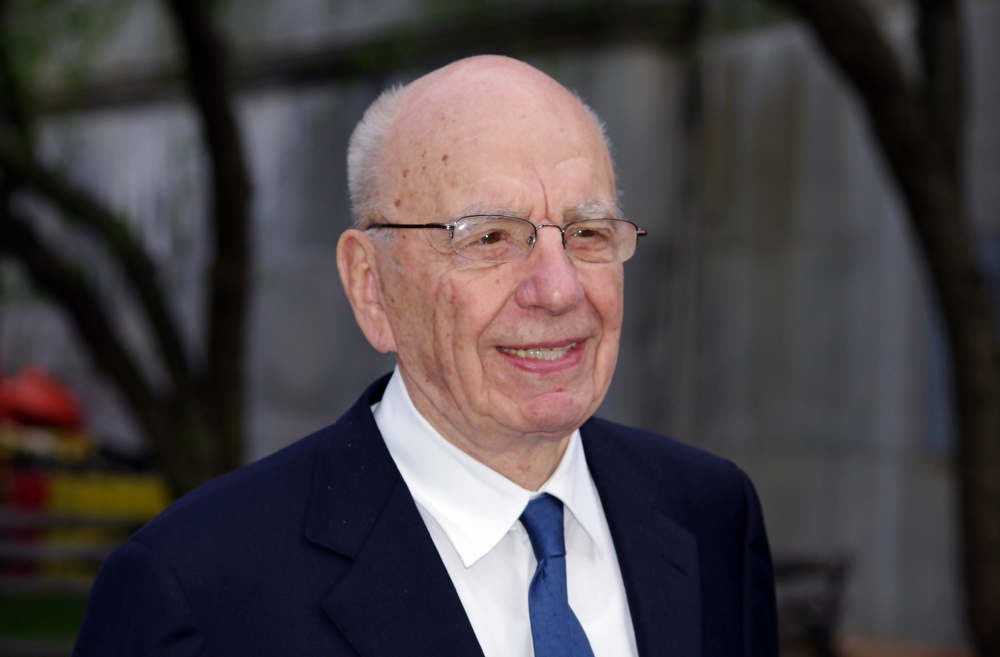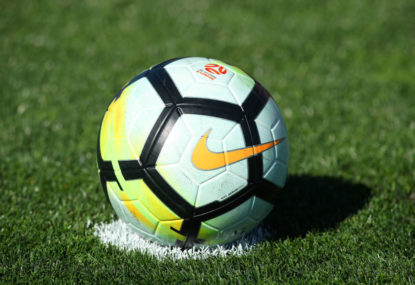In these increasingly inter-connected yet insular modern times in which many of us wander about heads-down “consuming” whatever imperative has just pinged up into our telephones, the way you know a thing is a thing is if it has a hashtag.
If something has a hashtag that makes it a thing, makes it part of our cultural zeitgeist.
Australian sport has one. It’s called “#codewars” and it’s what happens whenever someone bags or supports a sport, or says anything about a sport at all.
And like the damnable squawking bloody phones, it’s become a pain in the bloody arse.
#Codewars denotes the petty squabbling and distance-wee-wee competitions Australian sports fans, players, administrators, media, marketeers – the whole blessed job lot of us – engage in on behalf of “our” preferred sport.
It’s like we have to denigrate the other guys’ game to highlight the primacy of “ours”.
And we’re dashed combative and sensitive about it in equal measure.
They don’t do this in other countries. Not in Belgium or Belarus, Kenya or Canada.
Not in the dear sweet insane United States. Not in England or Ireland or the Isle of Skye.
Even our closest family, the Kiwis, our funny little cuzzy-bros don’t engage in this tedious bickering about which sport is biggest between the legs.
We don’t do it with other stuff.
We don’t get defensive about the merits of the iPhone over the Blackberry over the Samsung Galaxy S8+.
People watch Netflix or Stan, eat at McDonald’s or KFC or a Bondi kale house.
You can drink a beer, play a pokie or smoke whatever brand of cigarette that will one day kill you, and you won’t feel the need to stand up for the damned things if someone has a mild crack at them on the internet.
Granted the nature of said world-wide “web” of computers known as the internet has a bit to do with it.
People say things online they wouldn’t say in person.
Many seem to have a reflex to knock something, to take the diametrically opposed “alternate” viewpoint, to make advocacy for the devil himself.
Hell, you could tweet about your love for sunny Spring days and some nark would highlight the dangers of skin cancer. Daylight saving is like this.
Context and nuance can be lost in 140 characters even with all the emojis in Internet Christendom.
The media plays its part, of course.
Columnists know which buttons to press.
You want a bunch of “hits” on the paper’s web-page? Want to get the punters jiggy under the line? Knock out some pithy prose about why “soccer” should be called “football” or “rugby” should be called “union”.
Tell us why rugby league can’t be “the greatest game of all” or that Australian rules is lesser for booing a black man. They’ll pour over the parapets like beer-gargling Visigoths.
Bag a couple of baby dopes in the Red and Black Bloc in these very pages with language almost identical to what “football” commentators have opined, and you know my name is the Lord when I lay my vengeance upon thee.
And so on.

(AAP Image/Paul Miller)
Consider beer! Dear, sweet beer. Once upon a time you drank Toohey’s in New South Wales, XXXX in Queensland, and Swan in the great golden west. Victoria Bitter was everywhere (and apparently Australia’s “favourite” beer because a marketeer, probably John Singleton, told us) which for some reason you couldn’t get it on tap but you could get Foster’s.
Advertisers played on parochialism until they worked out it was better for one’s profits if they sold the stuff to everybody rather than a state-based sub-section.
Today Fosters is in Europe and XXXX Gold is everywhere.
Pro sports have gone the same way for the same reason.
Affectations to a “national” competition are the new black.
It was an argument for retaining Western Force, for a “footprint”. Even before the Force was punted the Roar’s league journo Steve Mascord lamented that: “No one at League Central seems in the least bit interested in jumping into the gulf.” The NRL announced a double-header for 2018 round one at nib Stadium.
There’s 1.8 million consumers in Perth. Administrators and TV types want a bit of that action the same reason they’ve plonked Giants in the greater golden west of Sydney and not in Tasmania which is mad for the game but contains less eyeballs.
Of course it comes back, as everything does, to money.
If you want to know why television talking heads and pundits will talk about one sport and denigrate another, cock a cynical eyebrow and ask where the buck stops.
Super League was naked for it. The Daily Telegraph was once a flat-out corporate brochure for the company’s expansionist vision.
It rolls on today. Rupert Murdoch said he’d favour Aussie Rules when the NRL signed a deal with Channel Nine. But he’s no fool.

(Image: WikiCommons – David Shankbone)
The AFL might get a bigger push here and there but Brisbane’s Courier Mail and Sydney’s Daily Telegraph are league papers, just as the Herald Sun is for Australian rules. Murdoch isn’t going to prejudice circulation.
Question is why do we – the punters, the people, the sports-consuming Aussie public – buy so readily into it?
Why do we, the people, continue to argue that “our” code is better than someone else’s? Why do we go into bat, often vociferously, for a sport?
Why are we fighting a proxy war for codes and clubs and media barons about which game is “the best”?
Why can’t we like more than one thing? Why, in the sports-loving country of Australia, must we pick and stick, and then fight for that brand over another one?
Are we fools for love? Are we pawns in a power-struggle between bankers and lawyers and titans of media who fight to the death for sponsorship, spectators and the sweet pumpkin pie of TV rights revenue?
Are we all being played?































































































